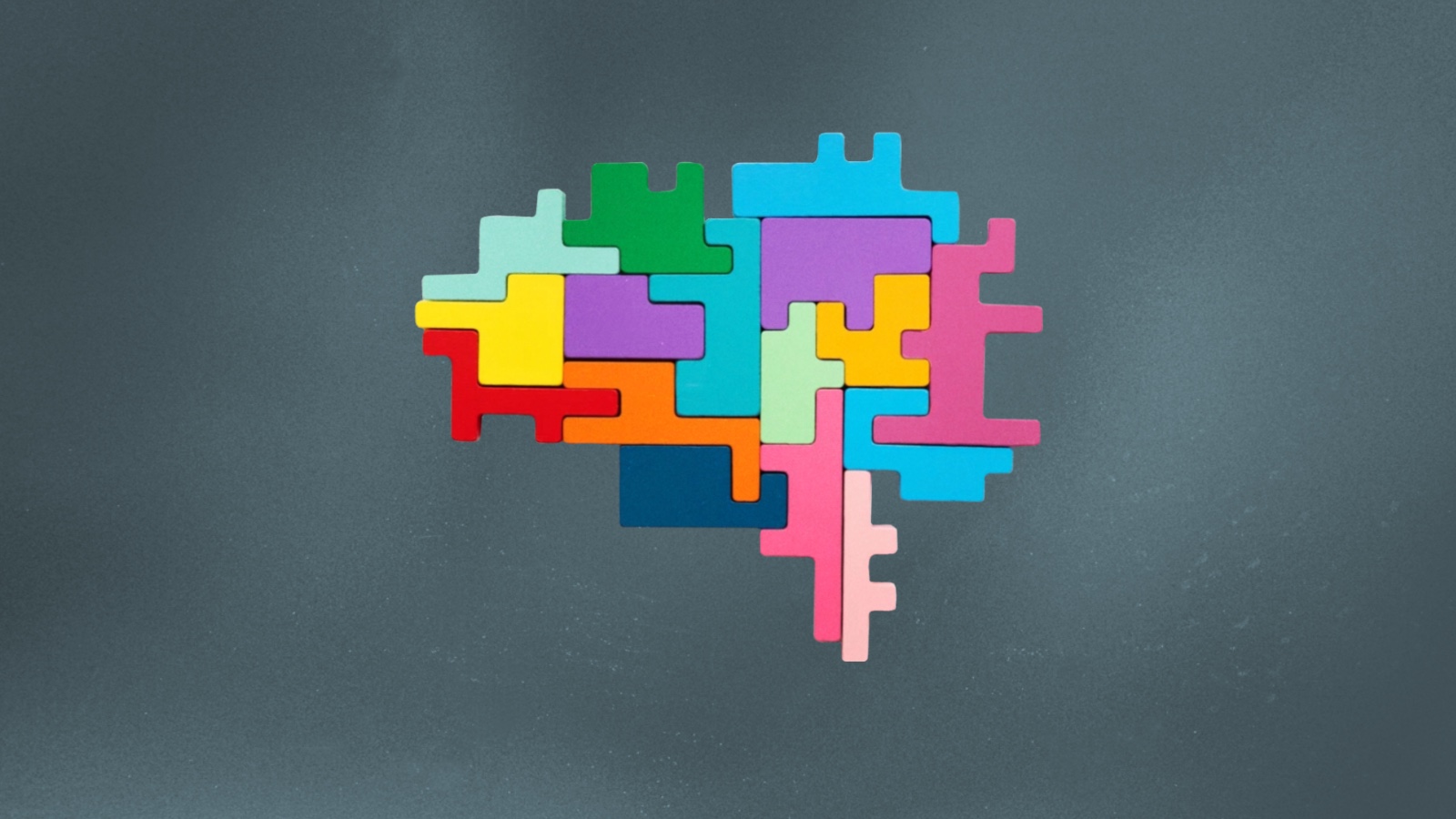Brain Training Helps ADHD Sufferers to Concentrate

A brain-training program developed for children diagnosed with ADHD has shown promise in its ability to reduce inattention and help children concentrate more effectively over the long term.
A team of international scientists recently evaluated a specific piece of computer software called Cogmed, which was designed to improve “how much verbal or visual information you can temporarily remember and work with.” Results of the analysis, which reviewed 11 other studies, are published at the online journal PLOS One.
Neuroscientists are currently debating how effective brain-training exercises can be in improving general qualities of the brain like attention and memory. Some argue that any cognitive improvements gained through memory games remain limited to exercises like recalling a sequence of images or digits. Cogmed also emphasized this skill:
“For example, you might be shown a string of words, and then be asked to recall them in reverse order. The program requires 35 minutes a day of training, five days a week for five weeks. It was developed for children with ADHD, but has been expanded to all people of all ages.”
Common medical knowledge once held that cognitive function plateaued early in life, but more recent neurological research has found the brain remains “plastic” well into adult years. Princeton neuroscientist Sam Wang explains what is meant by neuroplasticity and how the term came about:
“A little over 50 years ago, a Canadian psychologist named Donald Hebb suggested the specific idea that experience could change the brain in ways that perhaps there’ll be some pathway that gets activated in an order of events that gets turned on when we experience something.”





